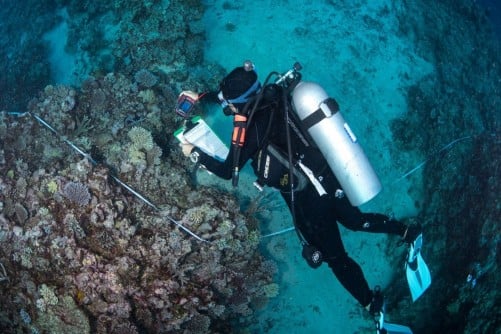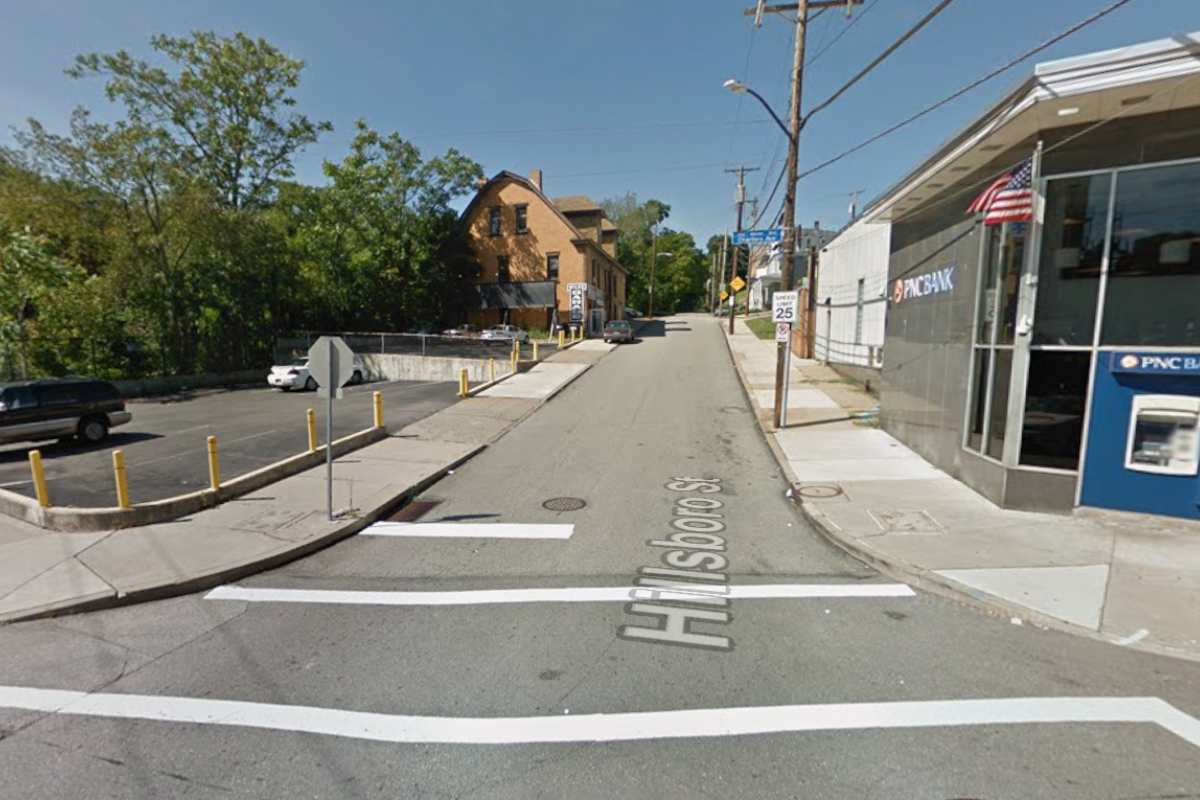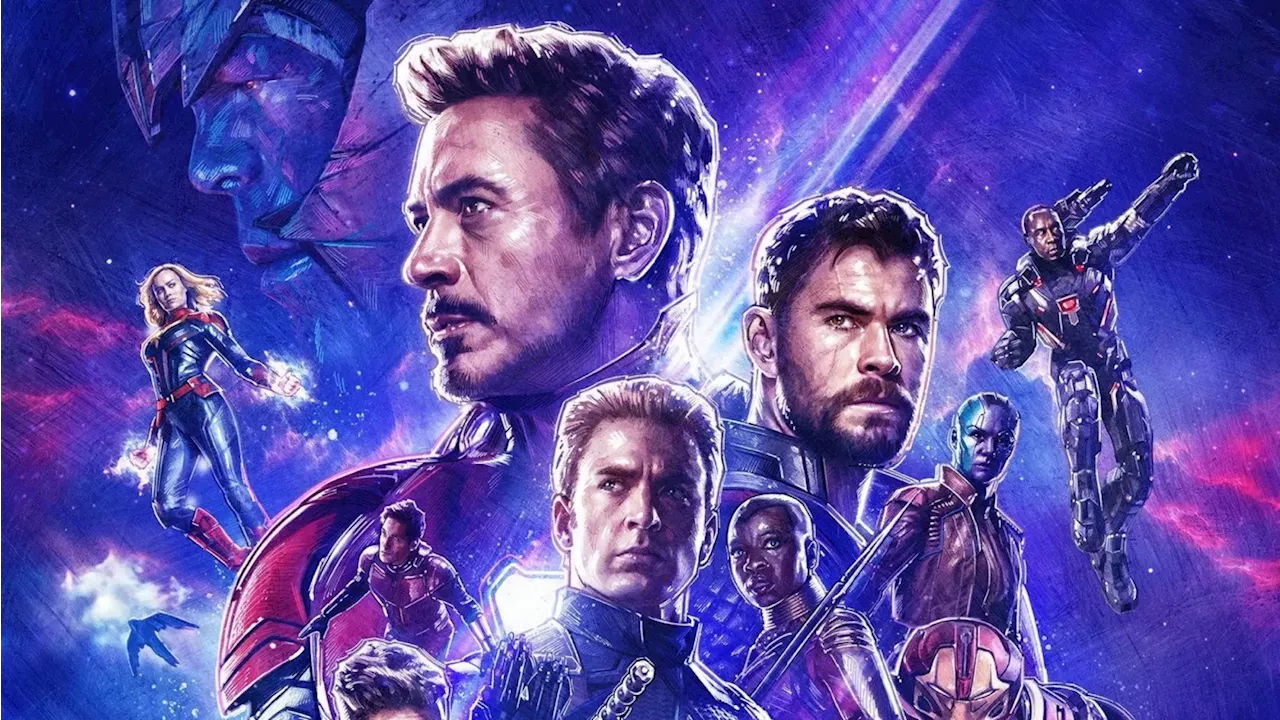UPDATE: The Wildlife Conservation Society (WCS) has just been awarded $2 million by the Bezos Earth Fund as part of the urgent AI for Climate and Nature Grand Challenge. This funding is aimed at implementing groundbreaking artificial intelligence solutions to combat the escalating crises of climate change, biodiversity loss, and food insecurity.
This significant investment was announced today, October 23, 2025, and is part of a broader initiative where only 15 teams globally are selected to receive such support. WCS plans to utilize AI and citizen science to revolutionize the monitoring and protection of coral reefs worldwide. The project intends to pinpoint and safeguard the most climate-resilient reefs, which is crucial for maintaining biodiversity and supporting coastal communities.
“Our award enables us to convert AI innovations into tangible conservation impacts,” stated Dr. Emily Darling, Director of Coral Reef Conservation at WCS. She emphasized that, with this vital funding, WCS is set to advance foundational AI models that will aid in coral reef monitoring. The initiative invites divers and citizen scientists from around the globe to help map and protect reefs that are most likely to withstand climate change.
The Bezos Earth Fund’s initiative, launched in 2024, aims to harness the capabilities of artificial intelligence to address the dual crises of climate change and biodiversity loss. With a total budget of $100 million, the program connects innovators with resources and mentorship from major tech players, including AWS, Google.org, NVIDIA Corporation, Microsoft Research, and others.
“Projects like these demonstrate how responsibly developed AI, guided by scientific and local insights, can enhance environmental actions and ensure positive impacts on our planet,” explained Dr. Amen Ra Mashariki, Director of AI and Data Strategies at the Bezos Earth Fund.
As part of this urgent initiative, the MERMAID AI platform will be pivotal in accelerating coral reef monitoring efforts across more than 50 countries. “Our mission is to make advanced AI tools accessible to every scientist and diver dedicated to coral reef protection,” said Kim Fisher, Lead Software Engineer for MERMAID. “The strength of open, shared models increases with each image and user.”
Over the next two years, this transformative project will integrate global citizen science apps for divers into the MERMAID platform, develop an open-source AI model capable of identifying over 100 coral species, and create real-time maps of climate-resilient reefs. This technology will empower local scientists, communities, and governments with essential data to safeguard reefs vital for coastal livelihoods and global biodiversity.
“Our research already indicates that certain coral reefs can endure even extreme climate impacts. As a cornerstone of our newly launched Coral Reef Strategy, WCS is eager to leverage cutting-edge computing technology to pinpoint more of these resilient reefs for targeted management actions,” added Dr. Stacy Jupiter, Executive Director of WCS’s Global Marine Program.
The Wildlife Conservation Society combines the expertise of its zoos and aquarium in New York City with a global conservation program spanning over 50 countries, striving to save wildlife and their habitats. WCS operates the world’s largest conservation field program, safeguarding more than half of the Earth’s known biodiversity in collaboration with governments, Indigenous Peoples, local communities, and the private sector.
With this award, WCS is set to not only enhance coral reef monitoring but also to inspire action and engagement among the global community. As the world faces increasing environmental threats, initiatives like this showcase the intersection of technology and conservation, offering hope for our planet’s future.
For more information, visit newsroom.wcs.org, or follow WCS on social media at @WCSNewsroom.







